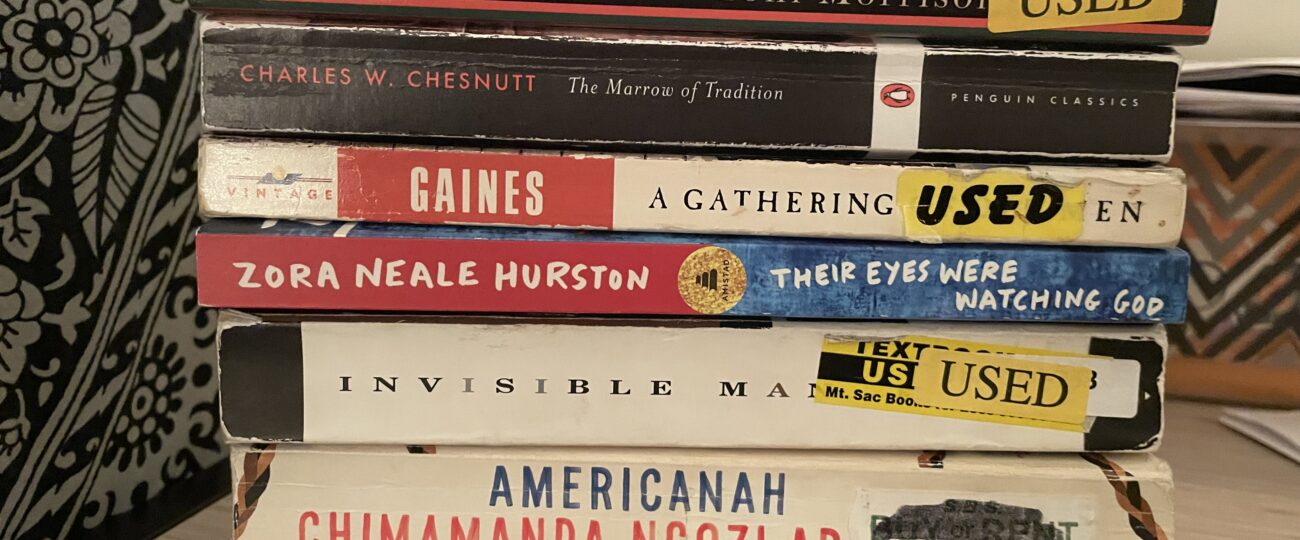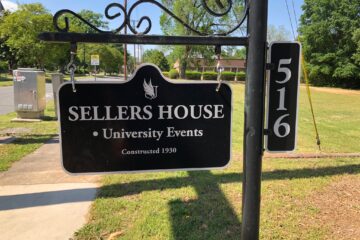As Black history month comes to an end, it is important to remember that we should continue seeking out literature by Black authors and adding diversity to what we are reading.
During Black history month, there are numerous articles online that give recommendations for books by Black authors that readers should add to their “to be read” list. These suggestions can also be found on separate shelves in bookstores and libraries. However, these advertisements seem to be hidden on the shelves until next year.
Moving forward, readers should be making the conscious decision to actively seek out literature that adds diversity to their bookshelf.
“The importance of having diversity in the literature that we read is that it gives the reader an opportunity to hear other people’s voices separate from their own group or race,” said Amber Nelson, a senior English major. “It provides perspective on other’s lived experiences and helps to round you as a reader and a person. By avoiding specific representation in literature, you are essentially silencing voices that deserve recognition and praise.”
Some recommendations of literature that can add diversity given by Jordan Terry, an English graduate student are “Freshwater” by Akwaeke Emery, “Woman Hollering Creek” by Sandra Cisneros, “Parable of the Sower” by Octavia Butler and “The Moors Account” by Laila Lalami.
“I attempt to be conscious about my reading decisions and ensure I am reading from a wide range of backgrounds,” Nelson said. “I ask my professors for recommendations, especially if they specialize in a field like African American literature or another specialty, I am not familiar with. I Google lists and mostly just stay open to books that might be offered to me. I recommend Toni Morrison’s book ‘Playing in the Dark’ which is a literary theory book essentially, but helps to bring perspective to reading African American written pieces. That was recommended to me by a professor, and I was thankful for it!”
The Winthrop English department does a great job at offering classes that expose its students to diverse literature. The department is currently offering a class in the African American Novel and previously offered classes in Middle Eastern Studies, Non-Western Literature and Black Queer Studies.
“It’s not really hard, in the 21st century, to find diverse literature,” Terry said. “Something that I like to do whenever I go to the Liberty Bookstore is to try and look for authors I’ve never heard of before or that write about places and situations that I’ve never experienced. Reading diversely isn’t just about reading Black and brown authors, it’s about reading diverse stories and situations. Stepping outside of your own reality and learning about someone else’s.”
Dr. Leslie Bickford, an associate professor of English, is currently teaching the African American novel and African American Studies classes that have been cross-listed with each other. Students at both the undergraduate and graduate levels are taking the class.
Bickford’s advice to students who are reading literature that covers difficult and sensitive topics is to read through the pieces slowly and talk to others about what you are reading by joining a book club or talking with friends or classmates.
“Take it slowly: don’t rush through a novel or poem or play without stopping to understand the context, both historical and aesthetic,” Bickford said. “Seek out resources that can help you understand the larger conversation going on. One author may be writing in reaction to or praise another or about a specific historical event. Finding short works in an anthology that gives an introduction or longer works, like novels, that have well-written introductions can help cultivate a deeper understanding.”
When working through difficult pieces of work, Bickford suggests reaching out to a faculty member to help understand and process the world.
“Seek out faculty members whose work in teaching and research may help you understand
and even process difficult works,” Bickford said. “If the piece is about race, for example, it may be helpful to talk not only with a faculty member or mentor or friend of the same race as you but also with someone who shares the race of the author, if that differs from your own. Be intentional about reaching out. Faculty love talking about not only literature but also its intersections with our lives and ways of seeing the world.”
When picking out the pieces of work we want to read, it is important to remember to have diversity within the texts.
“Literature, all art, in fact, can help build empathy and understanding between different cultures, ethnicities, genders, races—it can help us understand each other over gulfs of any types of difference, really,” Bickford said. “If we stick only to writers who are like us, we never grow beyond our own spheres of knowledge and comfort. We can end up living in an echo chamber where only the ideas and opinions that suit us are ever before us.”




